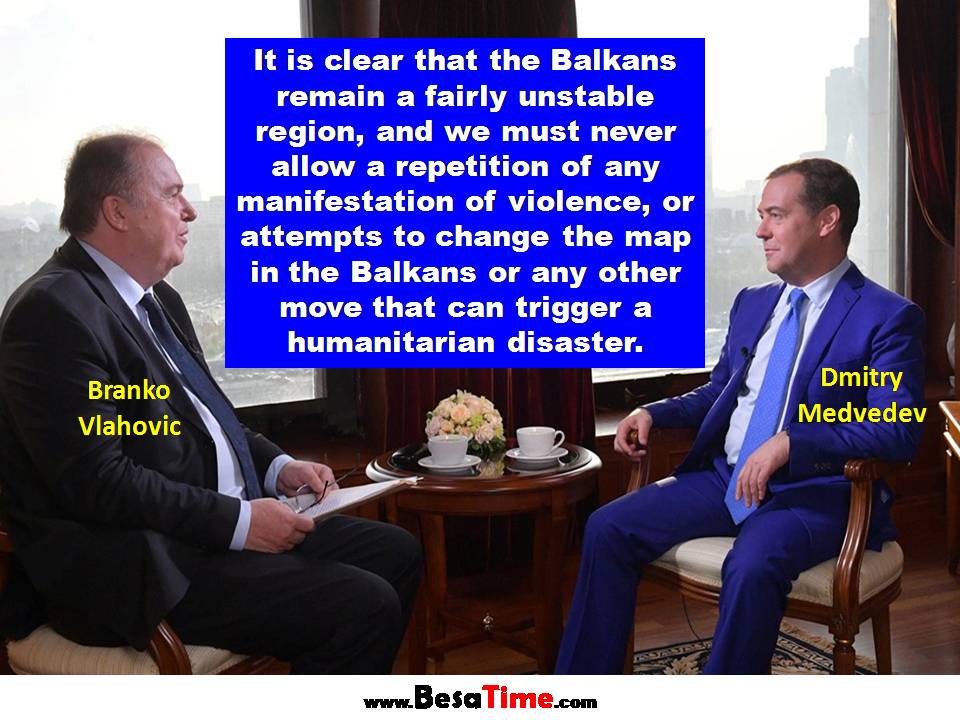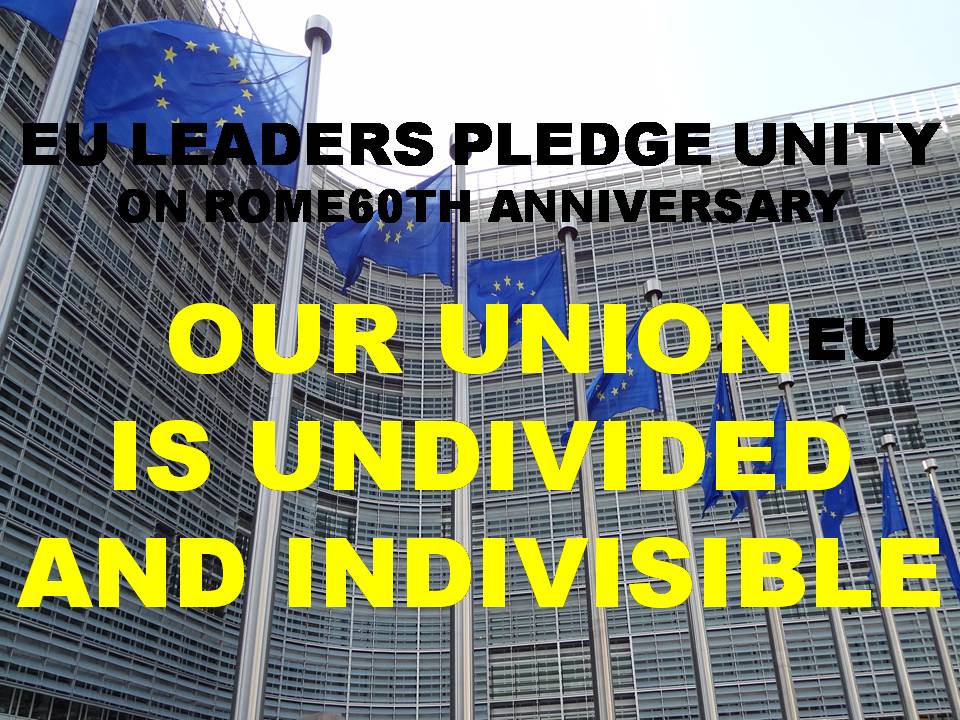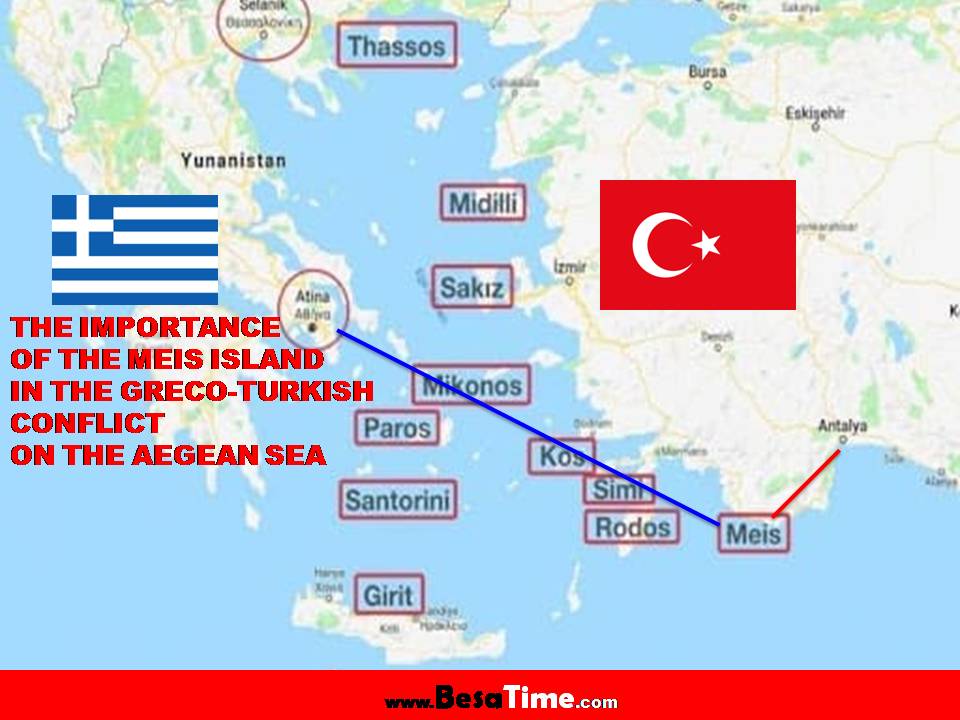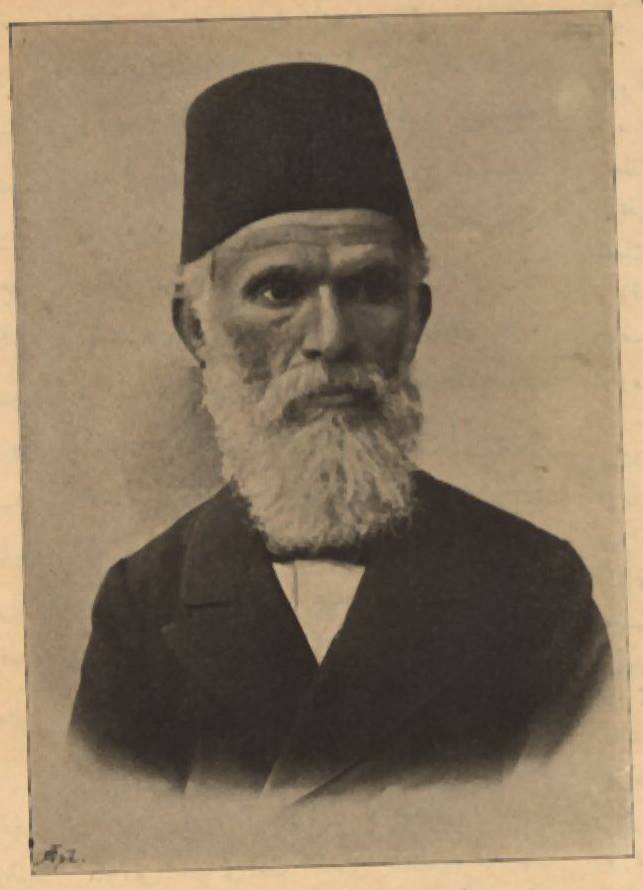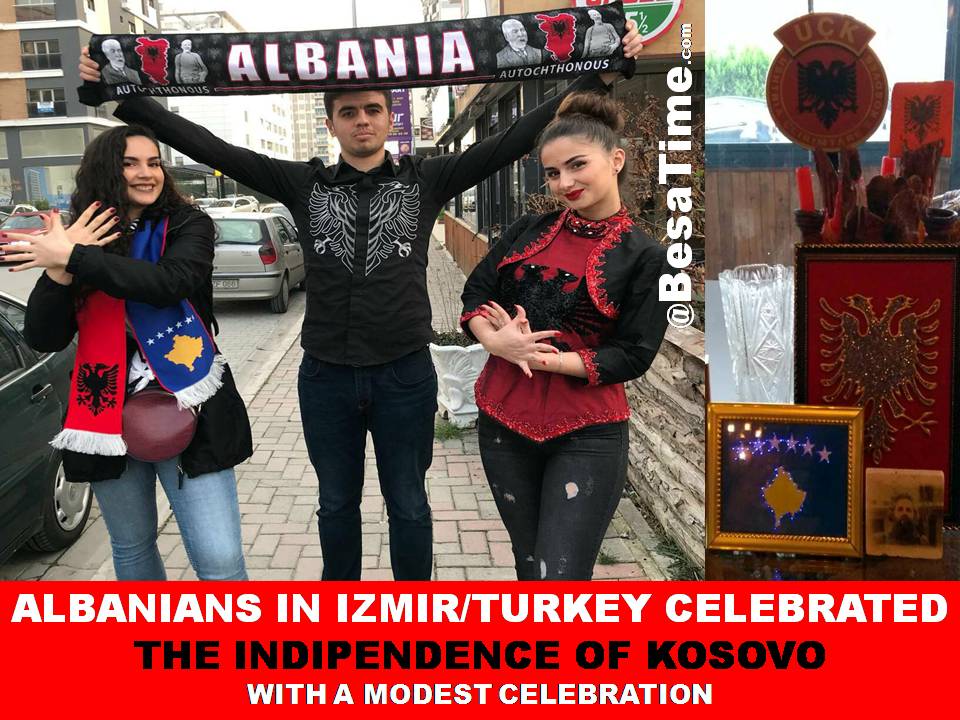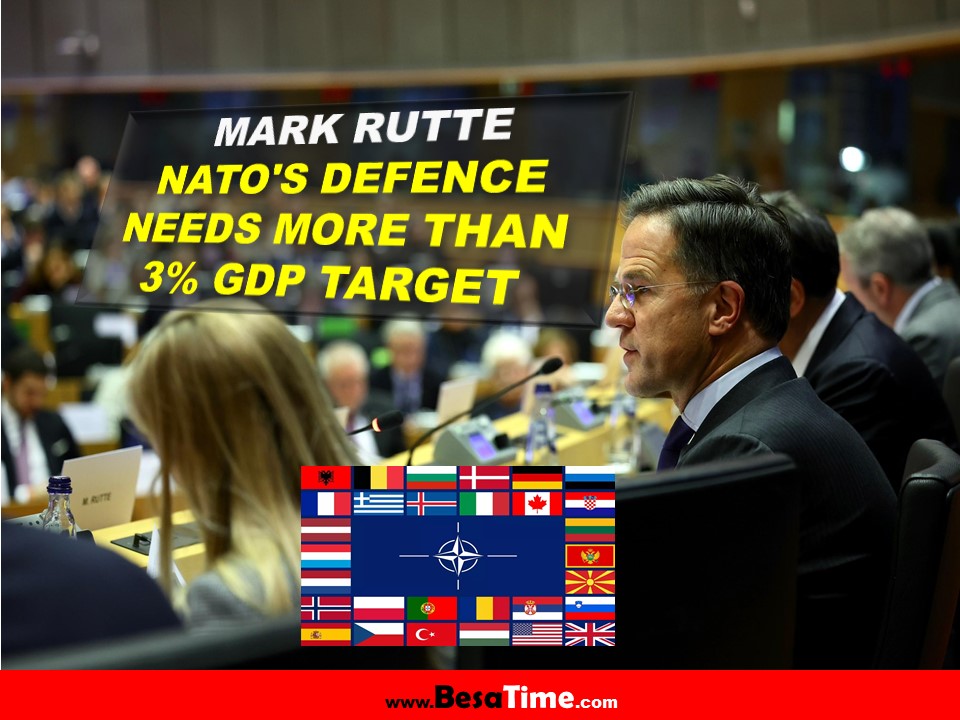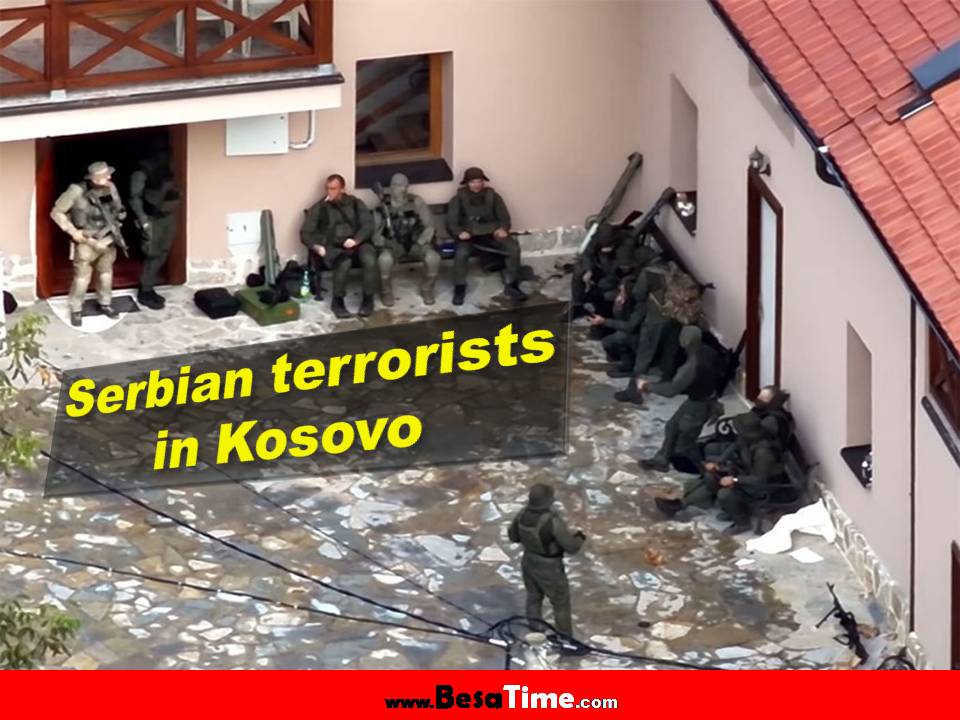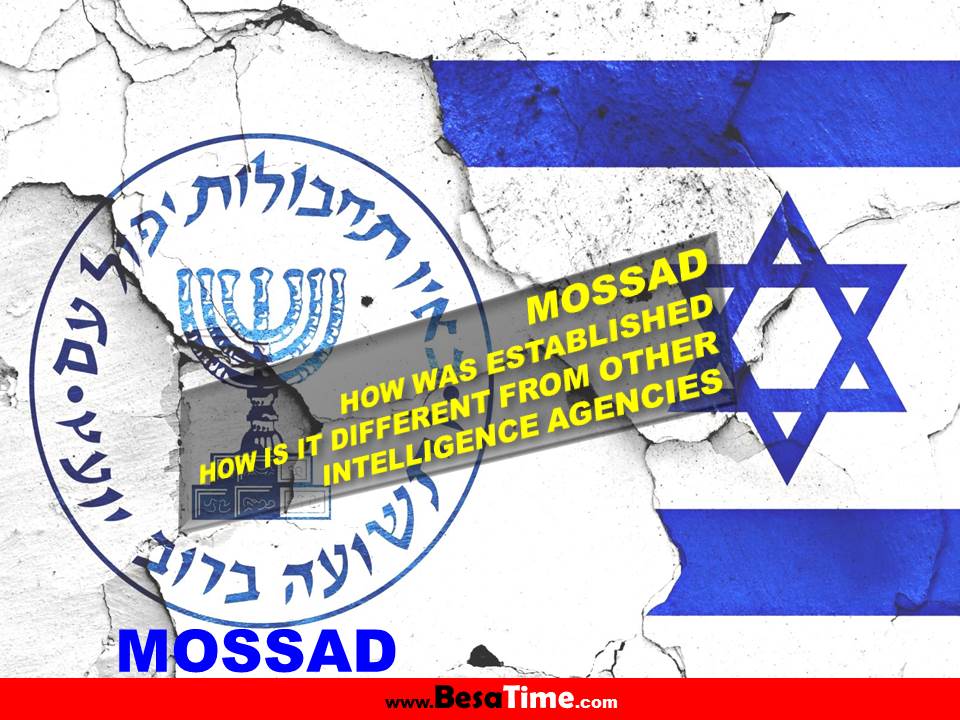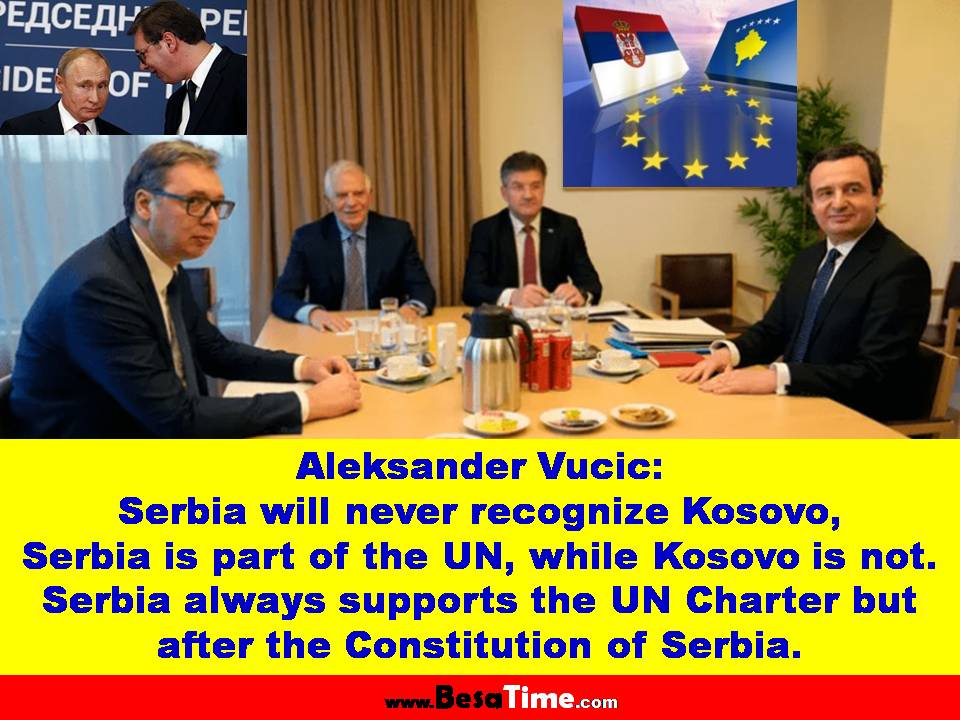
BESA TIME®
True News PortalAFTER 30 YEARS OF PEACE, UKRAINE CRISIS SHAKES EUROPEANS │ Steven ERLANGER
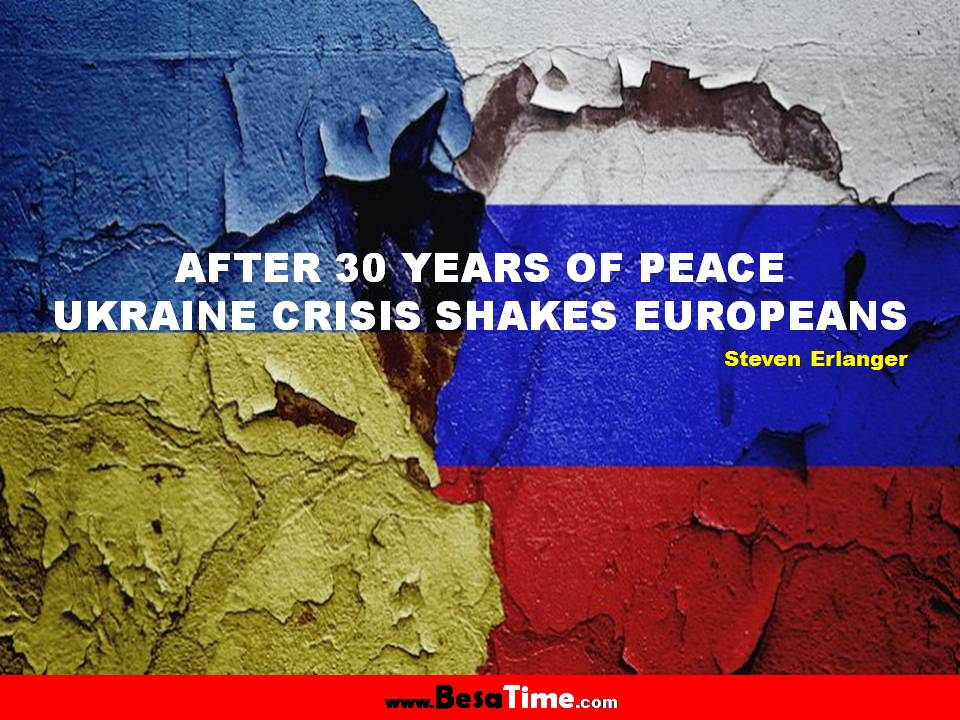
│
AFTER 30 YEARS OF PEACE, UKRAINE CRISIS SHAKES EUROPEANS
Steven Erlanger│NYT
Feb. 17, 2022
The happy complacency of post-Cold War peace is being shattered by Russia’s threats, demands and massive military buildup around Ukraine.
BRUSSELS — Ulrike Franke is a self-confessed German millennial, a defense analyst who worries about her generation’s allergy to the military, especially as it moves into positions of power.
“After 30 years of peace,” she wrote last year in a well-read essay, “German millennials have a hard time adjusting to the world we are living in now. We struggle to think in terms of interests, we struggle with the concept of geopolitical power, and we struggle with military power being an element of geopolitical power.”
Russia’s massive and open military threat to Ukraine, she and others say, is now shaking a sense of complacency among young and old Europeans alike who have never known war, hot or cold. For some, at least, the moment is an awakening as the threat of war grows real.
But just how far Europe is prepared to go in shifting from a world where peace and security were taken for granted remains to be seen. For decades Europeans have paid relatively little in money, lives or resources for their defense — and paid even less attention, sheltering under an American nuclear umbrella left over from the Cold War.
That debate had begun to shift in recent years, even before Russia’s menacing of Ukraine, with talk of a more robust and independent European strategic and defense posture. But the crisis has done as much to expose European weakness on security issues as it has to fortify its sense of unity.
Ms. Franke, 34, a senior fellow with the European Council on Foreign Relations, is not convinced that anything short of a major Russian invasion of Ukraine will very much alter public opinion.
“We’re having in Europe and Germany a status quo problem,” she said in an interview. “We’re very comfortable with this version of European security, and most people don’t realize that to defend this status quo we need to act.”
The elite feels the cold wind from Russia, she said, but “on the level of public opinion, people want to be left alone and for nothing to touch them.”
Ms. Franke, who is an expert in drone warfare, may be too pessimistic, some believe.
Daniela Schwarzer, who ran the German Council on Foreign Relations and now manages Europe and Eurasia for the Open Society Foundations, thinks that “the image of Russia has changed a lot.”
Editors’ Picks
The Hidden Image Descriptions Making the Internet Accessible
24 Brilliant Baking Recipes to Change Your Kitchen Game
Hating Your Job Is Cool. But Is It a Labor Movement?
Continue reading the main story
“Even in Germany there is a sober realism that our relations with Russia and our energy policy have to be dealt with in a much more strategic way than generally acknowledged in the past,” she said.
But even after Russia annexed Crimea in 2014, Germany and Europe did very little to diminish their energy dependency on Russia or to prepare for Moscow weaponizing energy supplies.
With the new Ukraine crisis, that is quickly changing, she said.
Europeans bordering Russia have always warned about Moscow, but other Europeans farther away now see the point. “There is now the perception that conflict on our continent is possible,” Ms. Schwarzer said.
In 2008, when Russian troops went into Georgia, or annexed Crimea, or inserted themselves into the recent conflict between Armenia and Azerbaijan, there was little lasting change in perception of Russia.
“But this conflict would have a different dimension, since it so directly opposes the West and Russia, and is seen as proof that the current European security order no longer provides security,” she said.
Peter Ricketts, a former British ambassador to France now in the House of Lords, agrees. This conflict has put “war back into focus again in the trans-Atlantic world,” he said.
For the younger generation, concerned, like the German Greens, with the environment and focused on human rights and gender and racial equality, “this is 19th-century policy erupting and crashing into their 21st-century concerns,” he said.
In the larger sense, Mr. Ricketts said, the conflict reminds Europeans of the importance of NATO and of American leadership in the trans-Atlantic alliance. “Faith in talking to Russia rather than deterring will be severely damaged by this,” he said.
A major Russian military action would bring about more military spending, push NATO to increase troop deployments closer to Russia, “deepen the chasm between Russia and the West and push Russia more into the hands of China and the renminbi zone, with Russia a small partner,” Mr. Ricketts said.
Already NATO countries, including Britain, France, Germany and the United States, have moved troops, aircraft and ships to shore up member states from Poland and the Baltics to Romania, with France offering a more permanent deployment in Romania. Those deployments may last for some time.
There are “some long-term consequences, some long-term deterioration of the security environment in Europe from this significant Russian military buildup, the threatening rhetoric,” Jens Stoltenberg, NATO’s secretary-general, said as defense ministers gathered in Brussels. “I regret to say that this is the new normal in Europe.”
There will also be new debate about the push by Emmanuel Macron, the French president, for European strategic autonomy and resilience. A European security crisis where the European Union has little to add beyond the threat of sanctions troubles many. But there is no easy or quick answer, suggested Robin Niblett, director of Chatham House.
“This really does bring the security element to the fore, and it’s not what the E.U. is best suited to manage,” he said. “It will mean treating NATO more seriously as the anchor of European security and not overplaying E.U. strategic autonomy.”
European security still comes only with American leadership, he said, adding: “Maybe this crisis is telling that to Europeans, some of whom don’t like it.”
But undercutting any new faith in American leadership is a wide European concern that President Biden is likely to be a one-term president, weakened by November’s midterm elections, and that former President Donald J. Trump or another Republican in his disruptive nationalist mode will win in 2024.
“We don’t know what’s coming after Biden,” said Claudia Major of the German Institute for International and Security Affairs. “America is back for a moment, but it doesn’t change the overall course of the superpower competition, which is China. Is this the last time the Americans come to save us?”
An opinion poll in seven E.U. countries released last week by the European Council on Foreign Relations found evidence of shifting attitudes toward Russia.
Majorities in Europe now believe that Russia will invade Ukraine in 2022 and that it is important for the European Union and NATO to support Ukraine. Europeans are prepared to bear significant threats, including refugee pressure, higher energy costs and cyberattacks, and they see energy dependency on Russia as their greatest shared challenge.
“This has been a real wake-up call,” much more than in 2014, said Mark Leonard, the group’s director. The polling points to some fundamental views, he said: “that war in Europe is thinkable once again, that the E.U. should respond to Russian aggression.”
But even in France, during an election campaign, the crisis “reinforces the idea of NATO as the guarantor of territorial security for Europe rather than any illusion of European defense,” said Célia Belin of the Brookings Institution, even as it might “give an electric shock” to countries like Germany that have devalued security concerns for so long.
Nathalie Tocci, the director of Italy’s International Affairs Institute, also doubts that even a major war in Ukraine “would translate into European defense, but it is already translating into a revival of NATO, since deterrence is what NATO does.” Mr. Putin, she said, “has done miracles by uniting us.”
By Steven Erlanger │ The New York Times
│

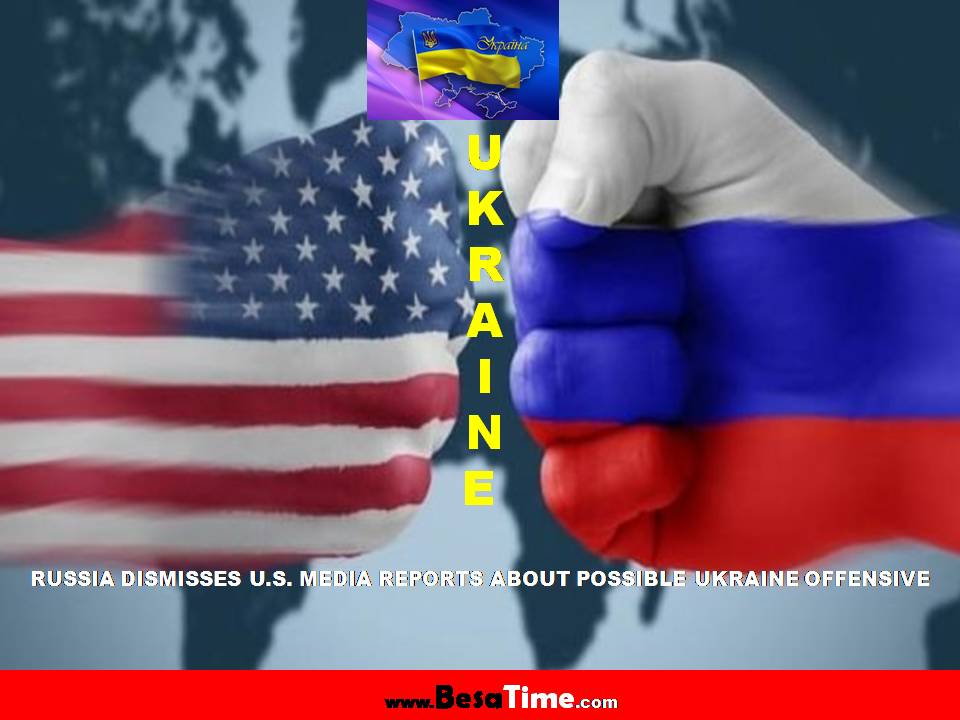
RUSSIA DISMISSES U.S. MEDIA REPORTS ABOUT POSSIBLE UKRAINE OFFENSIVE
RUSSIA DISMISSES U.S. MEDIA REPORTS ABOUT POSSIBLE UKRAINE OFFENSIVE...
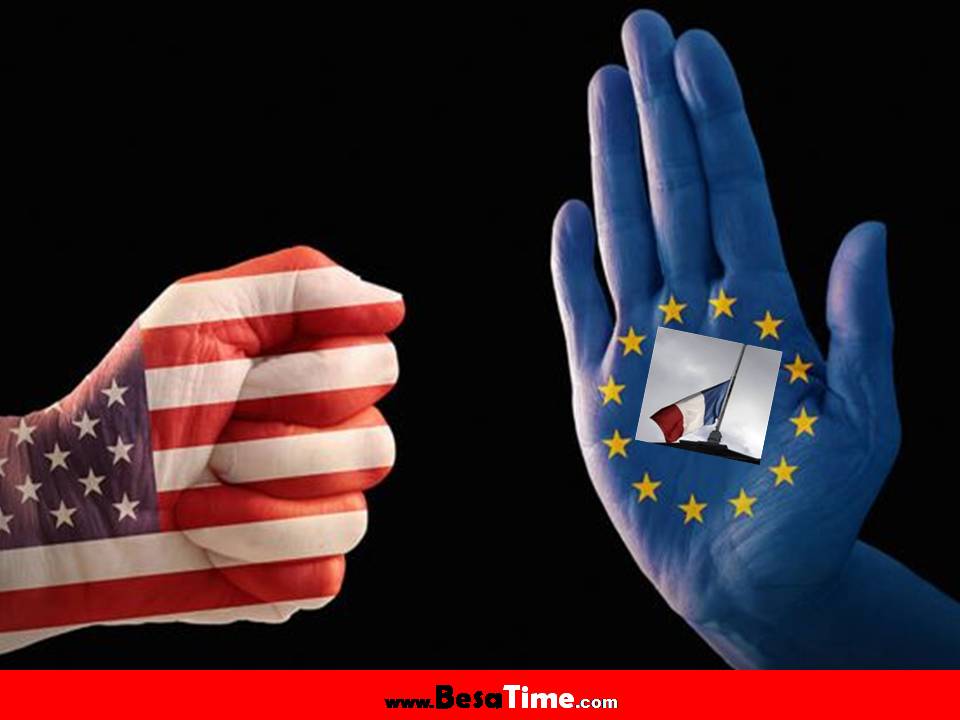
NEW GLOBAL GAME: FRANCE RECALLS AMBASSADORS TO US AND AUSTRALIA
NEW GLOBAL GAME: FRANCE RECALLS AMBASSADORS TO US AND AUSTRALIA...
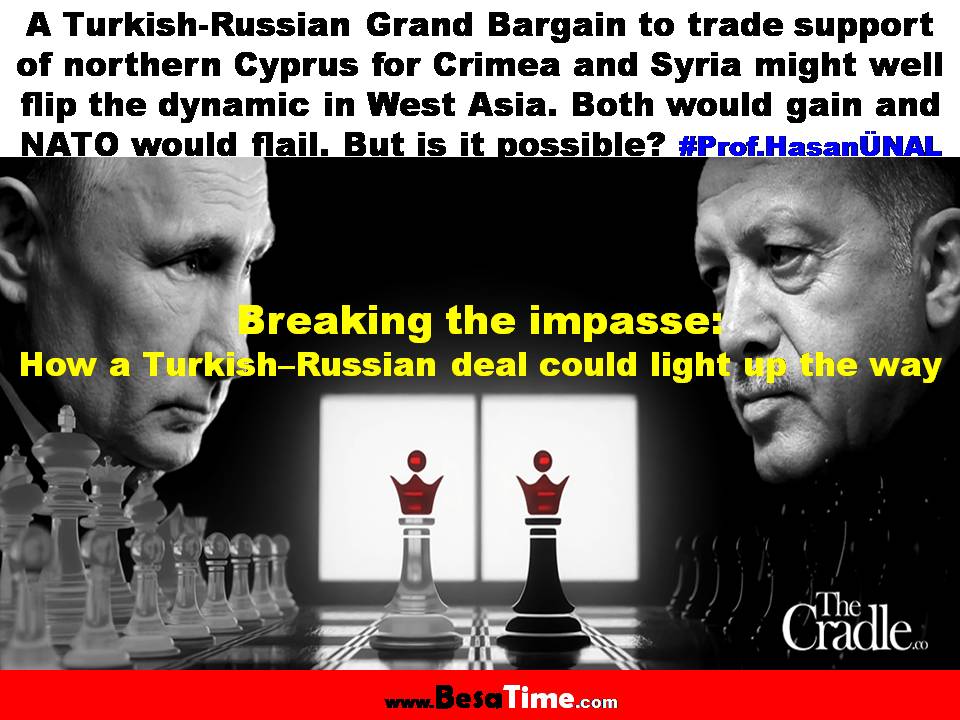
Breaking the impasse: How a Turkish–Russian deal could light up the way
Breaking the impasse: How a Turkish–Russian deal could light up the way A Turkish-Russian Grand Bargain to trade support of northern Cyprus for Crimea and Syria might well flip the dynamic in West Asia. Both would gain and NATO...
IT IS CLEAR THAT THE BALKANS REMAIN A FAIRLY UNSTABLE REGION By: Dmitry MEDVEDEV
IT IS CLEAR THAT THE BALKANS REMAIN A FAIRLY UNSTABLE REGION By: Dmitry MEDVEDEV...
